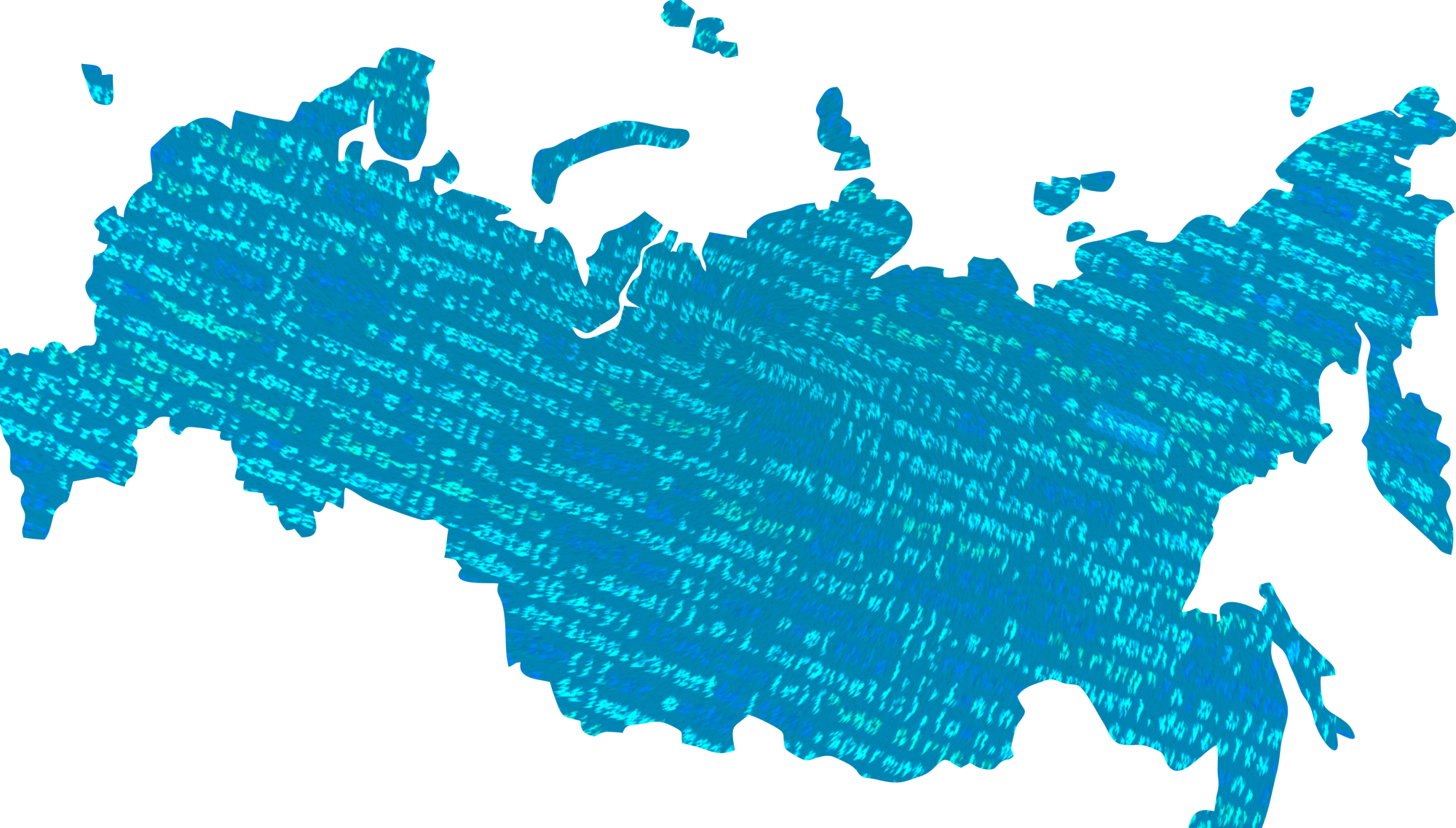Workshop “Words and Actions. Political text mining” January 13-14, 2020, University of Helsinki, Finland
The “Words and Actions” project hosts a two-day international workshop on advanced methods of textual analysis used to address complex and theoretically rich questions coming from sociology, political science and history.
The workshop focuses on three methodological approaches to texts. First, it presents novel techniques of supervised machine learning applied for automated annotation of texts. These techniques enable scaling up of theory-rich qualitative research approaches, such as discourse network analysis. The second approach introduces quantitative methods of semantic analysis as tools for a fine-grained study of social and political change used by conceptual historians and political sociologists. Third, the workshop aims at exploring the use of vector representations of textual data – such as word embeddings –for nurturing research which takes into account multi-dimensionality of cultural and political space.
Attendance is free. Please register by clicking here
Venue: University of Helsinki, Unioninkatu 33, room 303 (entrance from Unioninkatu)
Contact: Juulia Heikkinen (juulia.heikkinen@helsinki.fi)
Organizer: Andrey Indukaev (andrey.indukaev@helsinki.fi)
Funded by the Future Development Fund, Faculty of Arts, University of Helsinki
Program
January 13
8.30 – Welcome coffee and snacks
9.00-9.15 – Opening words. Andrey Indukaev (University of Helsinki)
9.15-11.45 – Session 1. Quantitative conceptual history
Jani Marjanen (University of Helsinki): The case for quantitative conceptual history
10.00-10.20 – Coffee break
Paul Nulty (University College Dublin): Word association measures for building semantic networks
Lidia Pivovarova (University of Helsinki): Political term clustering for historical newspaper analysis
12.00-13.00 – Lunch break
13.15-17.45 – Session 2. Automating annotation and discourse networks analysis
Félix Krawatzek (ZIOS Berlin): Tracing shifting meanings of youth through discourse network analysis
Erenay Dayanik (University of Stuttgart): Towards computational construction of discourse networks for political debates
14.45-15.15 – Coffee break
Nico Blokker (University of Bremen): Semi-automatic construction of discourse networks from newspaper articles
Gregor Wiedemann (University of Hamburg): Active learning for text classification: lessons from automated content analysis of party manifestos and Facebook user comments
Veikko Eranti (University of Helsinki): Going Overboard: Politicization in an anonymous online community.
January 14
9.00-11.45 – Session 3. From vector representations of words to multi-dimensional space of political discourse?
Måns Magnusson (Aalto University): Using priors to capture concepts of interest in large corpora
9.45-10.15 – Coffee break
Kirill Maslinsky (Higher School of Economics, Saint-Petersburg): New emotional vectors of the political regime: the case of Khrushchev’s Thaw in children’s literature
Andrey Indukaev (University of Helsinki): Mapping ideational change in the political space with word embeddings: the case of ‘Modernization’ in contemporary Russia
12.00-13.00 – Lunch break
13.15-15.30 – Session 4. Quantifying evaluation and justification
Daniel Knuchel (University of Zurich): Conzeptualizations of ‘New’ AIDS in German-speaking Discourse – Corpus Linguistic Studies
Eeva Luhtakallio (University of Helsinki) & Jyrki Rasku (University of Tampere): ImagiDem: Visual politicization and deep learning
Andrey Indukaev (University of Helsinki): Automating complex theory-driven annotation: experimenting with Justification Theory
15.30-16.00 – Coffee break
